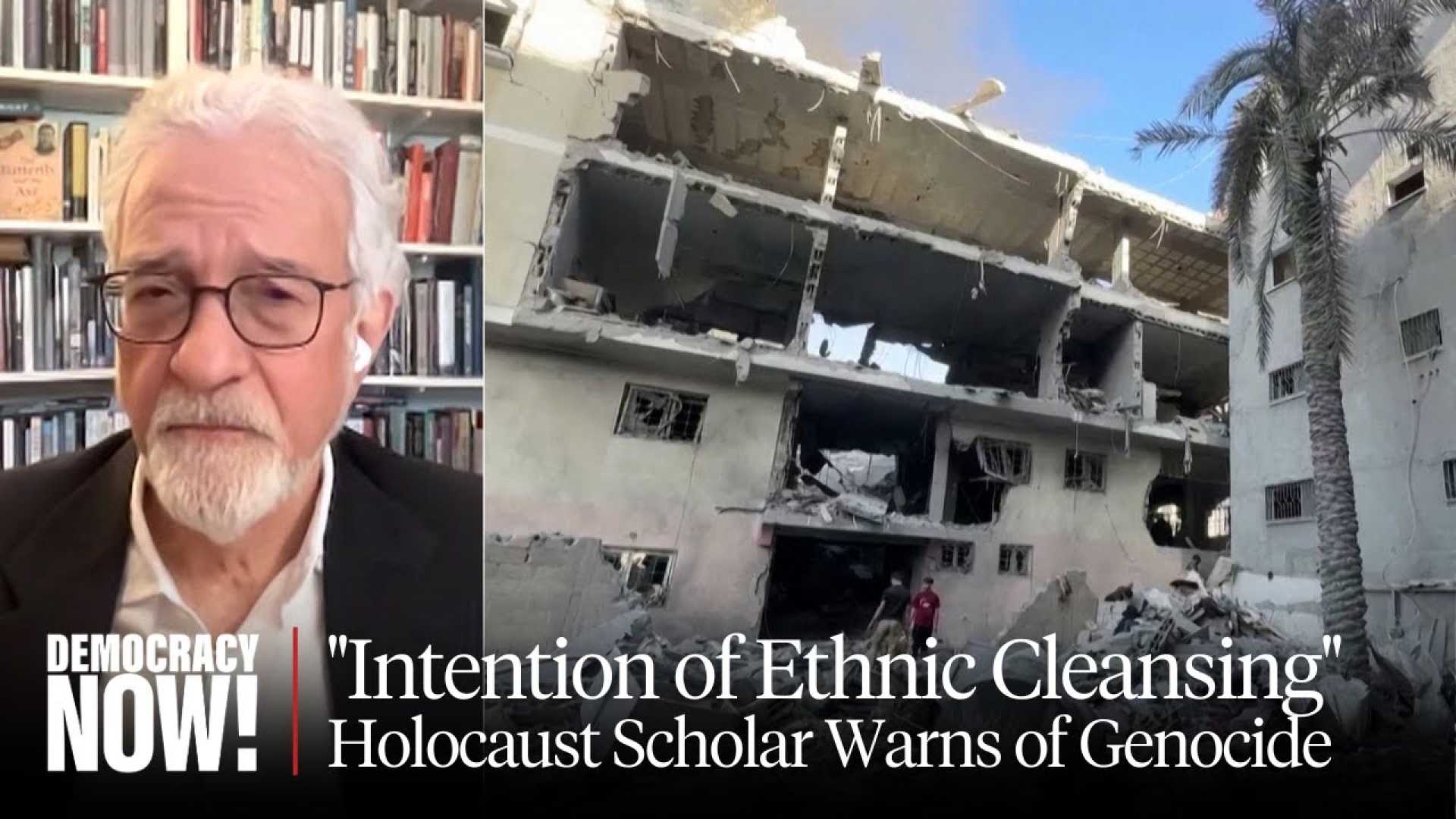World
Israeli Historian Claims Actions in Gaza Meet Genocide Definition

CAMBRIDGE, Massachusetts — Omer Bartov, an Israeli American historian, discussed his recent essay in The New York Times where he argues that Israel’s actions in Gaza fit the definition of genocide. Bartov, who specializes in Holocaust and genocide studies at Brown University, cites the U.N.’s definition of genocide, which requires an intent to destroy a group of people.
“This is precisely what Israel is trying to do,” Bartov said. He believes that Israel is concentrating the population of Gaza in the southern parts of the territory, enforcing conditions that may lead to their death or removal from Gaza.
Recent violence in Gaza has escalated, with reports of 93 Palestinians killed in 24 hours, raising the death toll to at least 58,000 since conflict reignited. The United Nations estimates that approximately 92% of residential buildings in Gaza have been damaged or destroyed, leaving thousands trapped under the rubble.
In response to the ongoing crisis, the Hague Group convened in Bogotá, Colombia, to address the situation. The group, formed earlier this year, consists of Global South nations committed to legal and diplomatic measures in support of the Palestinian people. Their recent summit concluded with calls for arms sales to Israel to be halted and ties with companies profiting from the occupation to be reviewed.
During the summit, Colombian President Gustavo Petro remarked, “We need to tell Europe that if it wants to be with Latin America or Africa, it must stop helping the Nazis,” referring to perceived Israeli aggression.
Bartov reflects on the changing perceptions within Israel regarding the conflict, noting a significant portion of the Israeli public appears indifferent to the military’s actions in Gaza. He attributes this in part to a lack of coverage in Israeli media on the extent of civilian casualties and destruction.
Despite facing criticism for using the term ‘genocide’, Bartov insists that the growing consensus among genocide scholars is that Israel’s actions constitute genocide. He mentions that many experts on genocide and international law have reached similar conclusions regarding the situation in Gaza but recognize the reluctance to frame it as genocide due to its serious implications.
As the debate continues, the implications of applying the term ‘genocide’ to Israel’s actions remain significant and contentious, not only for the international community but for the future narrative within Israel itself.
Bartov hopes that future generations of Israelis can find a way to coexist with Palestinians, moving beyond the historical trauma of the Holocaust and aiming for peace and equality in the region.












